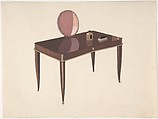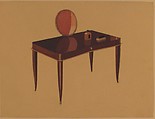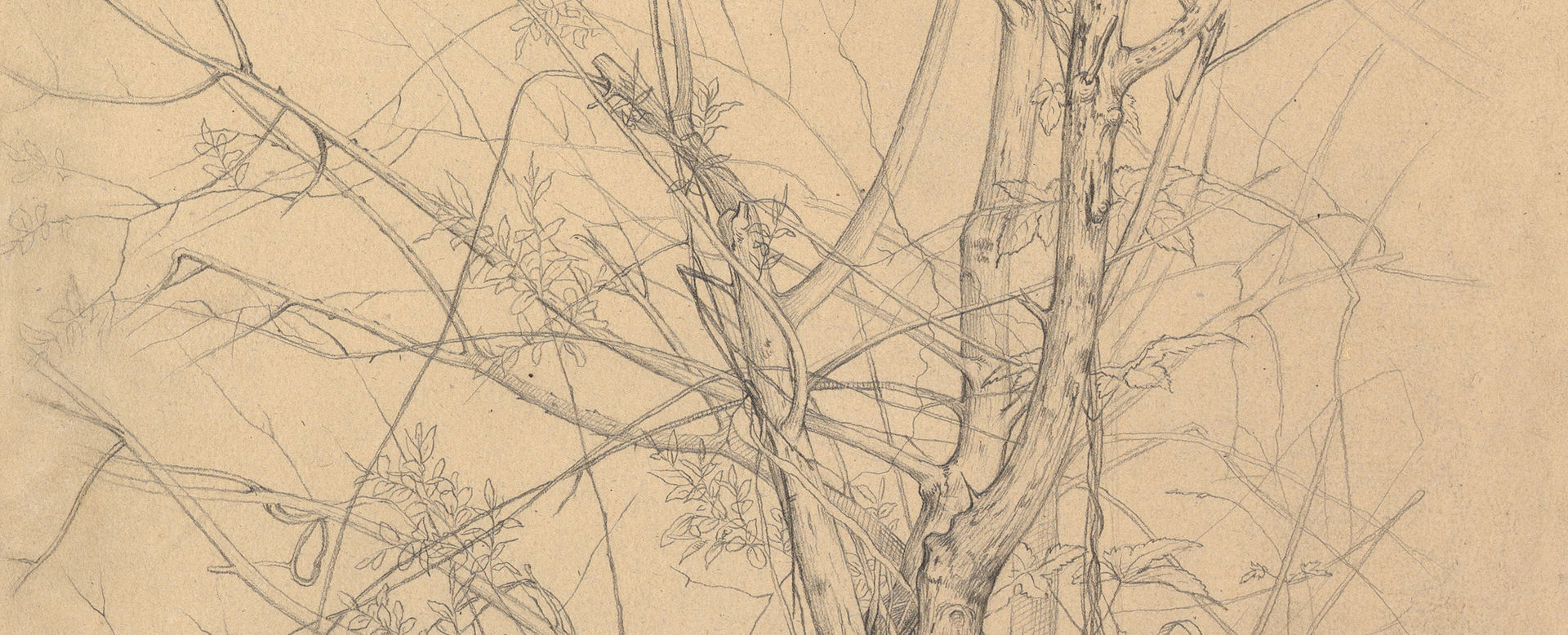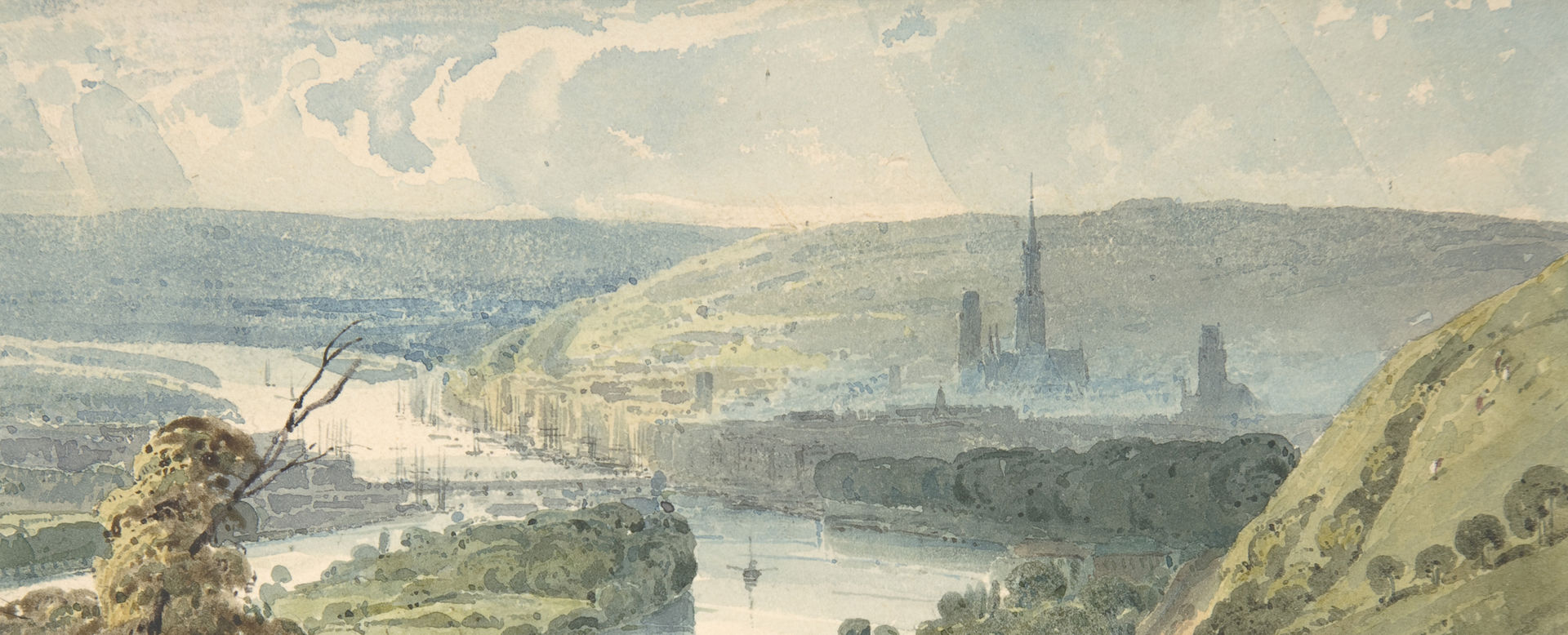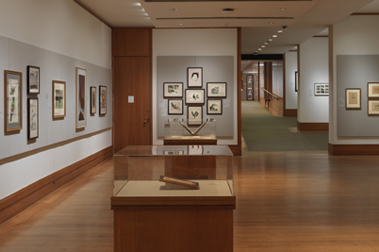Dressing Table with Round Mirror on Stand
André Arbus French
Not on view
Born in the early 20th century, André Arbus would become one of the most successful interior designers of the second generation of Art Deco artists. His father and grandfather were active as cabinet makers in Toulouse, and he spent the first years of his career working in his father’s workshop, supplying designs for various pieces of furniture. From 1925 onwards he regularly sent his designs in to be shown at fairs and Salons for the decorative arts. He received immediate recognition from the press and the public and started to build up a circle of clients. In 1932 he established himself in Paris and soon even received commissions from the French state to furnish various public buildings. In his designs, Arbus followed in the footsteps of artists such as Émile-Jacques Ruhlmann (French, Paris 1879–1933 Paris) and Süe et Mare (Louis Süe, French, Bordeaux 1875–1968 Paris & Andre Mare, French, Argentan 1887–1932 Paris) who, during the 1910s and 1920s, had begun producing very elegant and classic pieces of furniture characterized by their inventive use and combinations of (exotic) materials. In sharp contrast to some of his contemporaries, such as the architect-designer Le Corbusier (French (born Switzerland), La Chaux-de-Fonds 1887–1965 Roquebrune-Cap-Martin), Arbus believed that each piece within an interior deserved the artist’s full attention, should be executed impeccably and should hold its own no matter the context it was placed in.
Due to rights restrictions, this image cannot be enlarged, viewed at full screen, or downloaded.
This artwork is meant to be viewed from right to left. Scroll left to view more.
